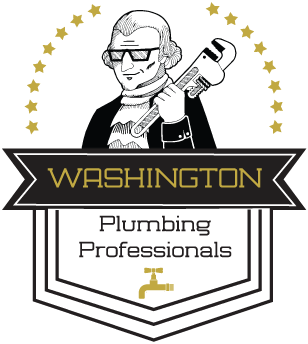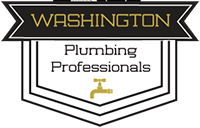Does My Water Heater Require Maintenance?
Properly maintaining your water heater is crucial to the longevity of the unit itself. It can be the difference between a unit lasting 6 years or 15 years. The best part is when you speak to your plumber about scheduled water heater maintenance, it is an easy and inexpensive way to prolong the life of your water heater.
There are two ways your plumber will maintain your water heater that can be performed every 6-12 months based on your water quality and usage. Draining and flushing your water heater on this schedule removes any contaminants and debris that is sitting on the bottom of your tank. Removing this sediment allows the water heater to work with less stress on the heating elements. It also prevents descaling of internal components, lessening the need for replacement parts. Draining your water heater involves terminating the supply to the water heater and draining the tank. This provides the benefit of seeing what the water inside of the tank looks like, and to solve water quality issues as quickly as possible. Flushing the tank is a similar process that takes place with water continuously supplying the tank as it is being drained. This process removes sediment from the tank as well while also removing additional contaminants adhering to the side of the tank by using the force of the water.
Monitoring the conductivity of the heating elements in electric water heaters is an important part of maintenance as well. If during an inspection, your plumber finds one element is working harder than the other, replacing the element will prevent further damage to the element in working condition. This means there won’t be a night where your water heater fails because a single element has been working harder than it should. It also means you can put off buying a new water heater for a while longer.
Your plumber will be able to notice if something is awry with your water heater or water quality based on the water coming out of the heater during both of these processes. Based on these observations, the proper solution to the problem can be put into place saving your plumbing system from future costly repairs.

